Oil pulling is a traditional practice that originated in Ayurvedic medicine, an ancient Indian system of holistic healing. It involves swishing an edible oil around in your mouth for an extended period, typically 10 to 20 minutes, and then spitting it out. It is often compared to using a mouthwash.
The theory behind oil pulling is that the oil “pulls” out bacteria, toxins, and debris from the mouth. The oil is thought to have a cleansing effect by acting as a solvent that binds to and dissolves harmful microorganisms and plaque, which are attracted to the fatty nature of the oil.
Key Aspects of Oil Pulling
Edible Oils: The most commonly used oils for this practice are coconut, sesame, and sunflower oil. Coconut oil is a popular choice due to its pleasant taste and its high concentration of lauric acid, which has been shown to have antimicrobial properties.
Method: A small amount of oil (usually about one tablespoon) is placed in the mouth and then swished and “pulled” between the teeth for up to 20 minutes. It’s crucial not to swallow the oil, as it contains the bacteria and toxins that have been “pulled” from the mouth.
Benefits: Proponents of oil pulling claim it can lead to various oral health benefits, including:
Reducing harmful bacteria in the mouth.
Decreasing plaque buildup.
Improving gum health and reducing inflammation.
Fighting bad breath.
Potentially whitening teeth by removing surface stains.
Scientific Evidence: While there is some research suggesting that oil pulling may help reduce bacteria and plaque, the scientific evidence is limited, and the American Dental Association does not currently recommend it as a substitute for standard dental hygiene practices like brushing and flossing.
Safety: Oil pulling is generally considered safe. However, it’s important to not swallow the oil and to be mindful of jaw soreness that may occur from the prolonged swishing motion. It is always recommended to consult with a dentist or healthcare professional before starting any new oral hygiene routine, especially if you have pre-existing dental conditions.


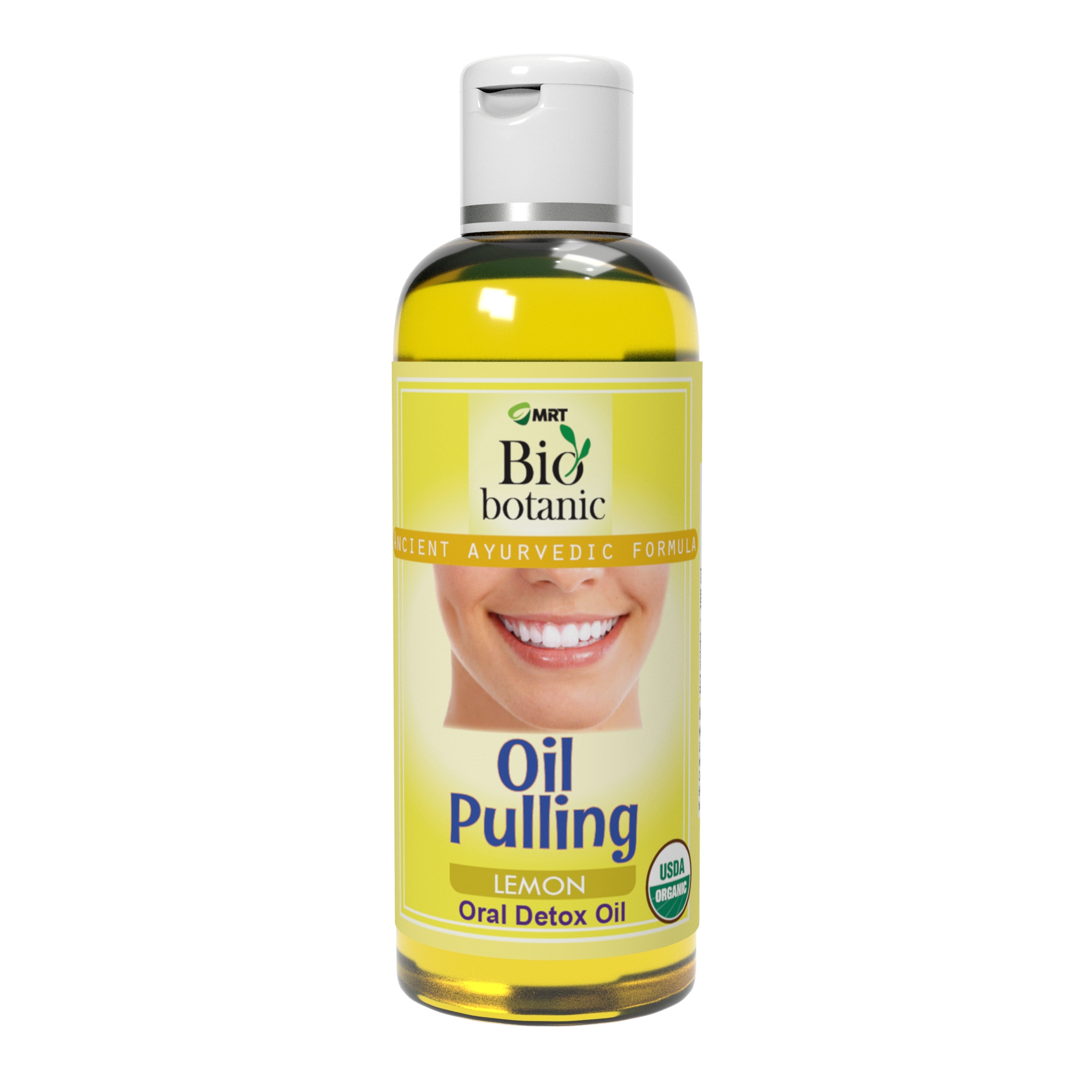
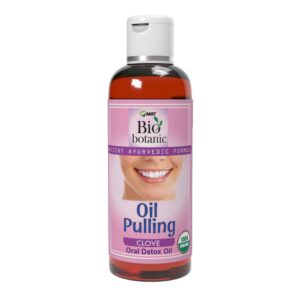
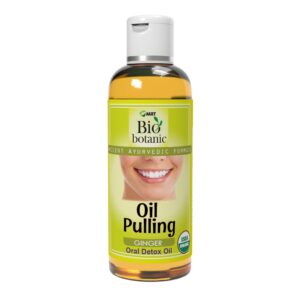




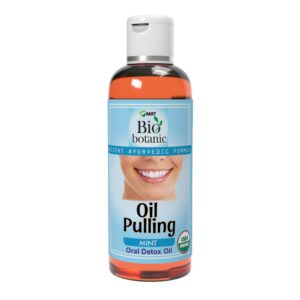



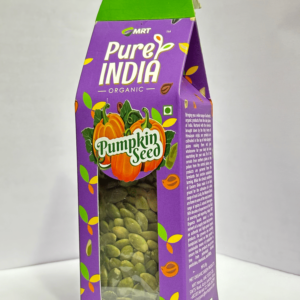





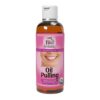

Reviews
There are no reviews yet.